If you’ve ever joined one of our Kinderly Learn weekly webinars, you’ll know what amazing speakers we have to present for us. They are so good at communicating key ideas succinctly and helping practitioners deepen their understanding of early years practice. No surprise that a lot of them are fantastic authors too. We thought we’d take a moment to celebrate our multi-talented speakers and share our pick of their publications:
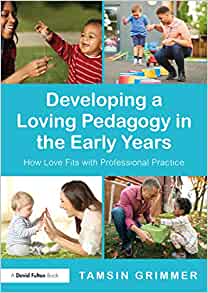
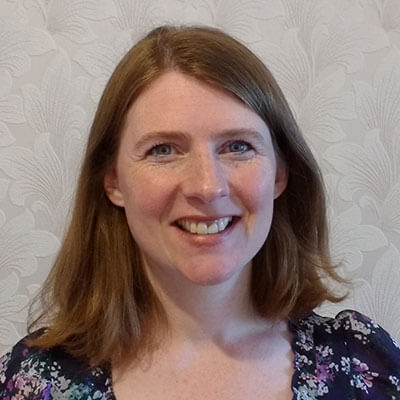
Care and caring are key to early childhood education and yet love can be viewed as a taboo word within early childhood settings. In this beautiful book, Tamsin Grimmer guides practitioners through the potentially problematic area of loving the children they care for and clearly shows how a loving pedagogy can fit within your professional practice. Find out more…
Read Tamsin’s latest articles on the Kinderly blog:
Not all superheroes wear capes5 types of play in early childhood education
10 top tips for developing a ‘loving pedagogy’ in early years
Your guide to schematic play, roots and all!
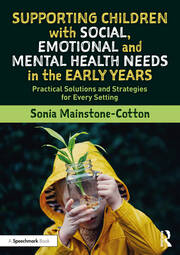
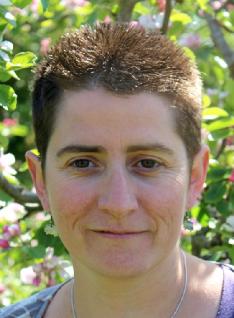
Drawing upon her wealth of experiences and insights to explore what SEMH is, why children may have SEMH needs, and what this can look like, Sonia Mainstone-Cotton provides essential guidance and practical ideas for early years staff to support children SEMH needs, giving them the confidence they need to understand early signals and signs. Find out more…
Read Sonia’s latest articles on the Kinderly blog:
How to support children with social, emotional and mental health needs
The benefits of yoga for children
Supporting children’s wellbeing through creativity
How to stay calm when children have tantrums?
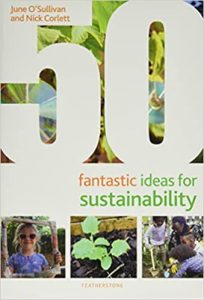

Teach children to reduce, reuse, recycle, repair and be respectful with these fun activities for encouraging environmental sustainability. Written by June O’Sullivan and Nick Corlett, this book is a great source of original ideas to encourage children and practitioners to reuse everyday, easy-to-source items, some of which might have otherwise gone to waste. Find out more…
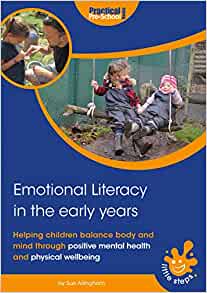
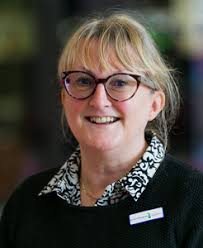
A child’s physical confidence has a great deal to do with their emotional health, but what do we understand by ’emotional literacy’? Dr Sue Allingham looks at the physical and emotional environment where children learn and develop, and shows ways in which practitioners can successfully create and achieve emotionally literate provision. Find out more…
Read Dr Sue’s latest articles on the Kinderly blog:
The revised EYFS – do you need to change your practice?
Can we cover everything we want to teach through child-led learning?
What do we really mean by ‘school readiness’?
What do we mean by developmentally appropriate practice?
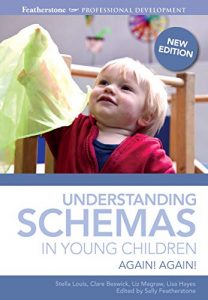
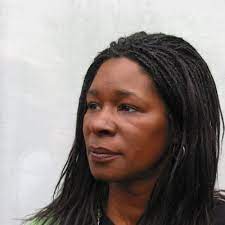
In this book, Dr Stella Louis (with her co-authors Claire Beswick and Sally Featherstone) aim to help early years practitioners identify schemas and to understand both how important they are and the vital role they play in children’s learning. Brilliant if you want to understand how to develop, plan and resource activities which support children’s learning through experiment and play. Find out more…
Read Dr Stella’s latest articles on the Kinderly blog:
The importance of schemas in early years
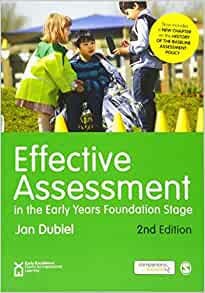

How we assess our youngest children is a vital part of early years practice. Written by Jan DuBiel, a leading expert on assessment, this book will help you understanding the role of assessment in the revised Early Years Foundation Stage (EYFS). It includes step-by-step guidance to help you with making and recording observations in practice. Find out more…
Read Jan’s latest articles on the Kinderly blog:
Understanding assessment in early years provision
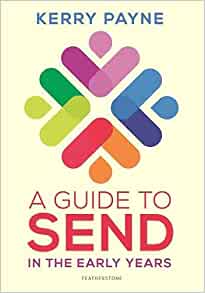
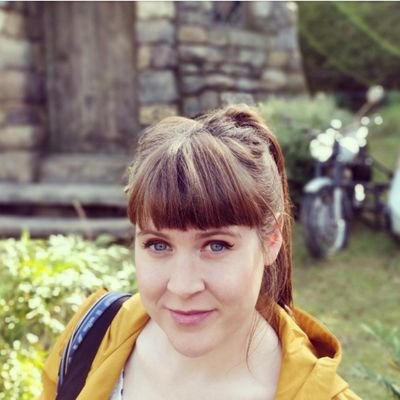
Designed to up-skill any early years practitioner who needs to feel ready and confident to support children with special educational needs and disabilities, Kerry Payne dispels common myths around SEND and offers clear, concise and practical ways to translate theory into practice and support children with SEND. Find out more…
Read Kerry’s latest articles on the Kinderly blog:
How asking the right questions can help support transitions for young children
Respond – don’t react! How to support challenging behaviour in early years
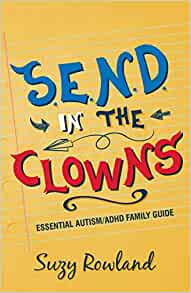
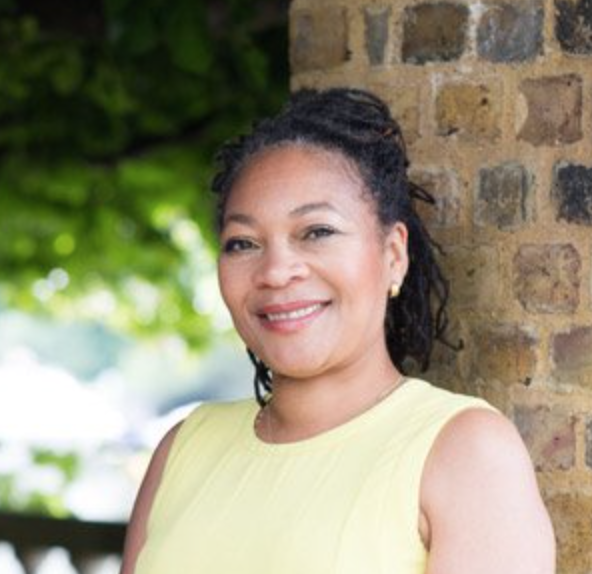
Suzy Rowland wrote this book to help parents untangle red tape, stay engaged and feel empowered as they march, with their autism or ADHD child, through a system that struggles to educate children who are different. Perfect professional guidance for parents and professionals who work with, teach or support autistic or ADHD children. Find out more…
Read Suzy’s latest articles on the Kinderly blog:
How to support neurodiversity in the early years
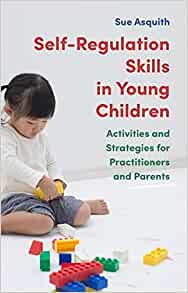

Looking for a wider awareness of self-regulation in babies and young children? Let Sue Asquith explain what self-regulation is and why it is important. This book makes child and brain development easy to understand, emphasises the importance of giving children positive attachments and provides fun ideas of how to promote coping strategies. Find out more…
Read Sue’s latest articles on the Kinderly blog:
Keep calm: Self-regulation and executive function
The revised EYFS framework: What you need to know
How to support bereaved children in early years

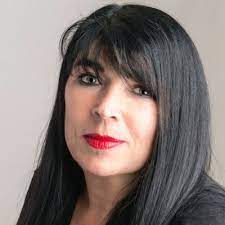
Winner of the Nursery World Awards for Professional Books, this is a brilliantly engaging and practical book that highlights the essential nature of storytelling in all walks of life. The editors (Lynn McNair, Tina Bruce and Jane Whinnett) use a compelling Froebelian approach to explore the role of storytelling and how to best cultivate this in the early years classroom. Find out more…
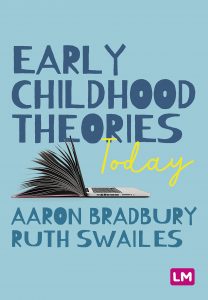

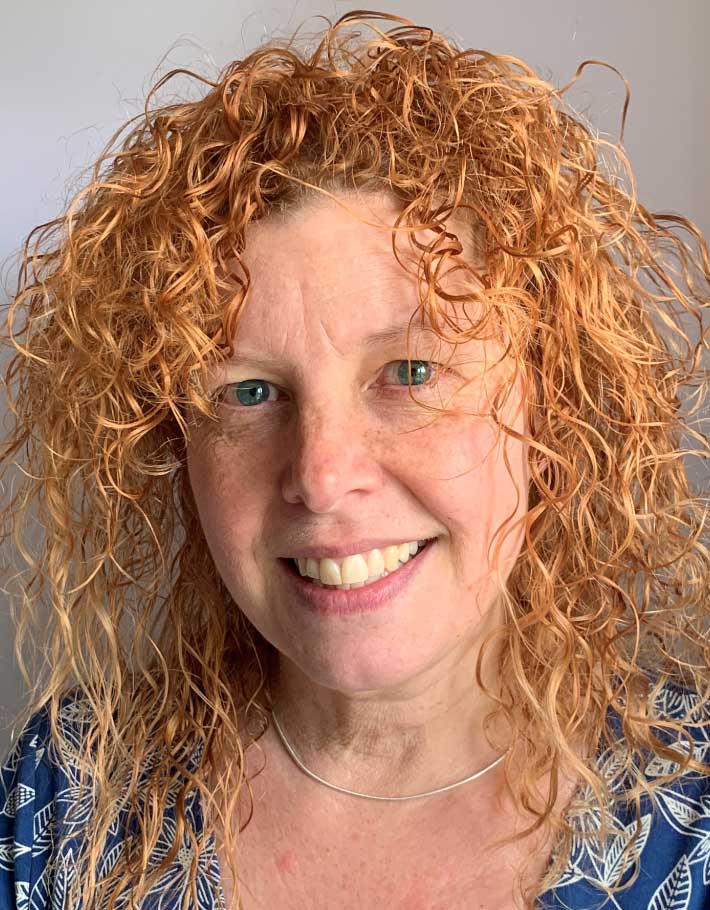
This book introduces early years practitioners to some contemporary theorists and explores their work alongside more well-known thinkers. It demonstrates how these theories relate to everyday practice in the early years and that discussion of them can support ongoing professional learning.
Available from Amazon.
Froebel, the father of observation
Keeping Bronfenbrenner at the heart of the early years practice
